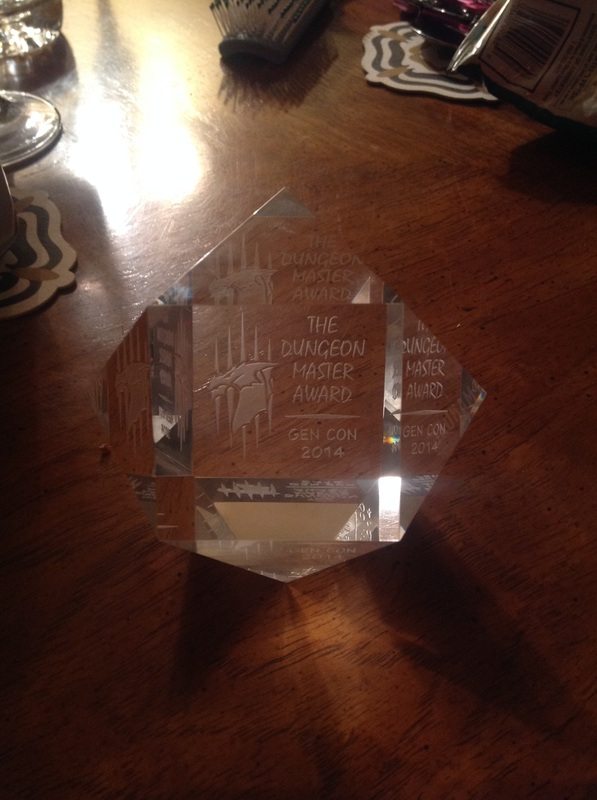The film Shot in the Dark was originally released in 2002, and was released on DVD in June of this year by HBO Documentary Films. The documentary is directed by and also stars Adrian Grenier.
So, “Does a father really matter?” In 2001, three years before Adrian Grenier became a star on the HBO series Entourage, he made the film Shot in the Dark to try and answer this question. He was driven to make this particular picture because he wanted to tell his story: the story of how he found his dad again, and rekindled a relationship that had been absent for eighteen years.
Karesse Grenier and John Dunbar, Grenier’s mother and father, had met on a commune in upstate New York, where she was a yoga and dance teacher. His mother was naturally attracted to John Dunbar, who gained her affections through her wonderful poetry. They parted ways and Grenier was able to visit his dad in Ohio several times, but the visits stopped when he was about five. Grenier maintained a relationship with his grandparents, Carl and Esther Dunbar, in Lancaster, Ohio, and still felt somewhat of a tie to his father. His grandmother would send Grenier cards in the mail. Grenier kept trying to reach his father, but Dunbar’s wife, Debbie felt threatened by Adrian, and resorted to hanging up the phone and changing their number to avoid contact.
Grenier’s story of rediscovery begins in his hometown of New York with interviews with his mother, mother’s friends, grandparents, and his father’s sister and family. The tie to his father that Grenier had always felt through his grandparents suddenly became more present. On Father’s Day 2001, Grenier called his grandfather, only to hear Dunbar’s voice. The emotional reality of filming his story on the “meaning of fatherhood” hit home with Grenier, realizing it was life and not just a creative project. And Dunbar had been waiting a long time for the call from his son, even though he had not been very proactive in his own search for Grenier. Dunbar had agreed to be in Grenier’s film as a way to reconnect with his son, but had been worried his son would portray him as a villain.
On Dunbar’s front lawn, father and son reunite a few months after the first call. At this point in the film I couldn’t help but wonder why anyone would want to put this intensely private moment on film for the world to see. But, I wonder if part of Grenier’s story is to purge all his fears and cast them out for the world to see. Grenier tells his story without mentioning his Hollywood success, to his great credit. His goal is clearly to tell his personal story. With this, he goes through a cathartic process. He tries to tell his story in a more objective manner by seeking his own understanding of pater familias without being egotistical. At the beginning of the film there were several pointless street interviews about the “meaning of fatherhood” that pushed the direction of the film from objectivity to vagueness.
And since their momenous meeting, Grenier and Dunbar have maintained contact. Dunbar has visited his son’s house in L.A. Dunbar does feel regret that he could have done more, but realizes that he can’t go back and redo what was wrong, only go forward with his son. But we still need an answer to Grenier’s question, “Does a father matter? To this, Adrian Grenier says that his father makes him feel safe and complete, and perhaps he can do that for a child someday. When I think of this question in terms of my own life, I have no doubt as to how important my role is, and that I was always there for my son. Fathers really do matter, and we are missed when we are not there for our children.


